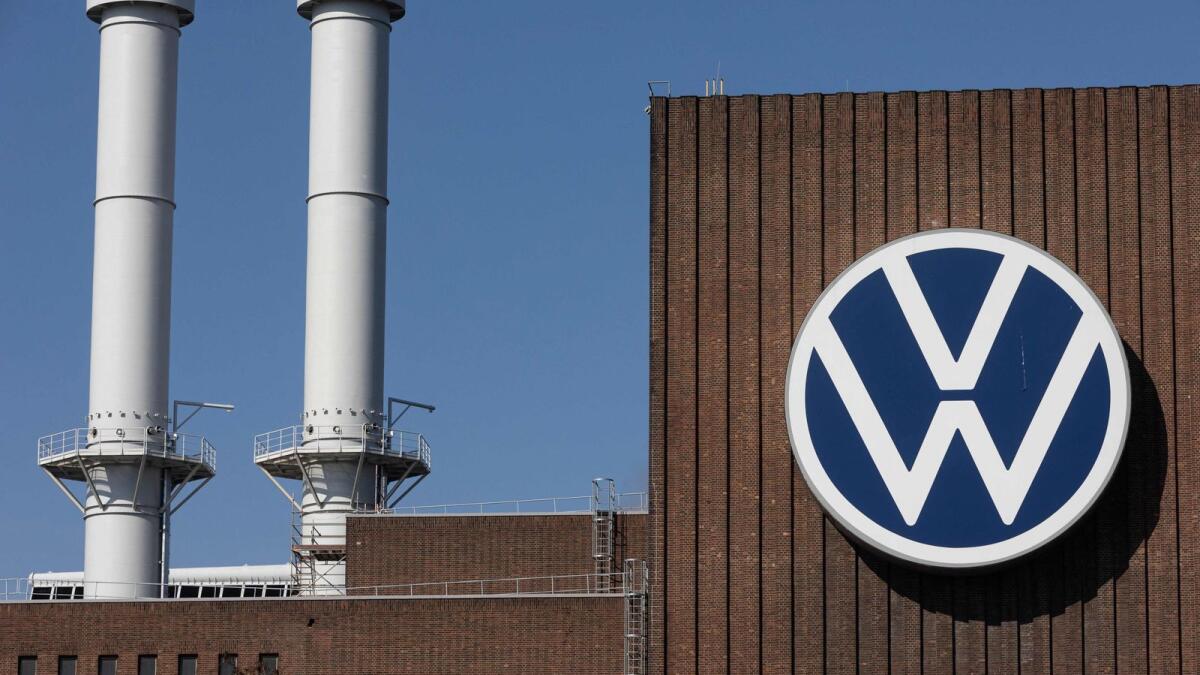Volkswagen, the top European carmaker, is facing pressures from Asian rivals and is considering closing factories in Germany for the first time. This move, which marks a major clash between Chief Executive Oliver Blume and the unions, signifies the challenges the carmaker is currently facing. The works council at VW has vowed strong resistance to the Executive Board’s plans to close one large vehicle plant and one component factory in Germany. Chief Financial Officer Arno Antlitz and Volkswagen brand chief Thomas Schaefer will be discussing these plans at a works council meeting on Wednesday.
The works council head, Daniela Cavallo, expects CEO Blume to participate in negotiations as well, making the meeting very uncomfortable for the management team. IG Metall, the influential union, has thwarted past attempts at major changes within Volkswagen. Some analysts have identified potential closure targets in Lower Saxony and Saxony, and the state of Lower Saxony has supported the review. Volkswagen is also ending its job security program, which has been in place since 1994, and all measures will be discussed with the works council.
Volkswagen, which employs around 680,000 staff, is facing cost-cutting measures to save 10 billion euros by 2026 as it transitions to electric cars. The company faces challenges in a competitive landscape in Europe, the U.S., and China, where domestic EV makers are gaining market share. This move is seen as a wake-up call for economic policy measures in Germany. The decision to close factories is a result of economic stagnation and structural changes without growth, according to Carsten Brzeski from ING Research.
The news of Volkswagen’s plans caused its shares to rise, but the company has lost a significant amount of its value over the past five years. The decision to close factories could have political implications for German Chancellor Olaf Scholz, whose coalition has faced challenges in regional votes. IG Metall expressed concerns about the decision, stating that it shakes the foundation of Volkswagen, Germany’s largest industrial employer. Volkswagen’s management has been criticized for past decisions, including insufficient investment in hybrids and slow development of affordable battery-electric cars.
Instead of plant closures, IG Metall believes that Volkswagen’s board should focus on reducing complexity and leveraging synergies within the company’s plans to navigate the challenges ahead. The German economy ministry emphasized the need for responsible action from VW management in a challenging market environment. Overall, Volkswagen’s decision to consider closing factories signals the urgent need for the company to adapt to changing market dynamics and strengthen its position in the global automotive industry.










